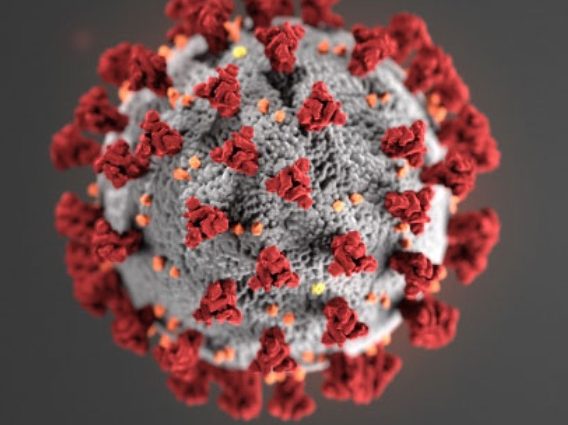As medical experts warn that the coronavirus may be here to stay, other are conjecturing there will be more novel viruses coming. Sen. Lisa Baker (PA-20) believes pandemic planning must be a central feature of state policy and has offered a plan to conduct an informed, nonpartisan after action assessment of Pennsylvania’s capabilities and response.
“If there is anything that has garnered widespread agreement, it is that Title 35 and our health statutes are woefully insufficient for providing direction and guidance for responding to a pandemic,” Baker said. “That is the starting point for legislative action and an intensive undertaking, but still only a part of what we must do.”
Baker’s bill would establish a commission charged with conducting the assessment and applying the lessons learned from our experience since February to design a structure in which roles and responsibilities are clearly defined.
“We all realize that mistakes and misjudgments were made in the midst of uncertainty, but this is not an exercise in fault-finding,” Baker stated. “It is meant to develop recommendations – laws, policies, regulations, proposed constitutional amendments – whatever is necessary so that we move in coordinated and expeditious fashion to protect public health and safety in the future.”
The commission would be constituted of those who are part of the response and those who are economically affected by shutdown orders including representatives of state and local governments, the courts, educational institutions, health care and human service providers, the business sector, tourism, agriculture, community and nonprofit organizations and professional groups.
Because of the friction points that have become evident during the pandemic, the commission would also weigh how to find the proper balance between the responsibilities of elected and appointed officials and the rights of individuals and the operators of commercial, institutional, and care-giving facilities. This would include distinguishing between mandates and recommendations, and what methods are appropriate for encouraging and enforcing compliance.
“My view is that we should work through the issues now in establishing this commission, so that the framework is in place whenever the moment is reached when its deliberations to identify legislative and regulatory remedies can constructively begin,” said Baker.
“Given the number of cases, the tragic deaths, the folks who are suffering lingering symptoms, the stress on the health care system, the economic losses, and the disruption of lives, we are compelled to modernize our laws before the next crisis strikes,” Baker added.

